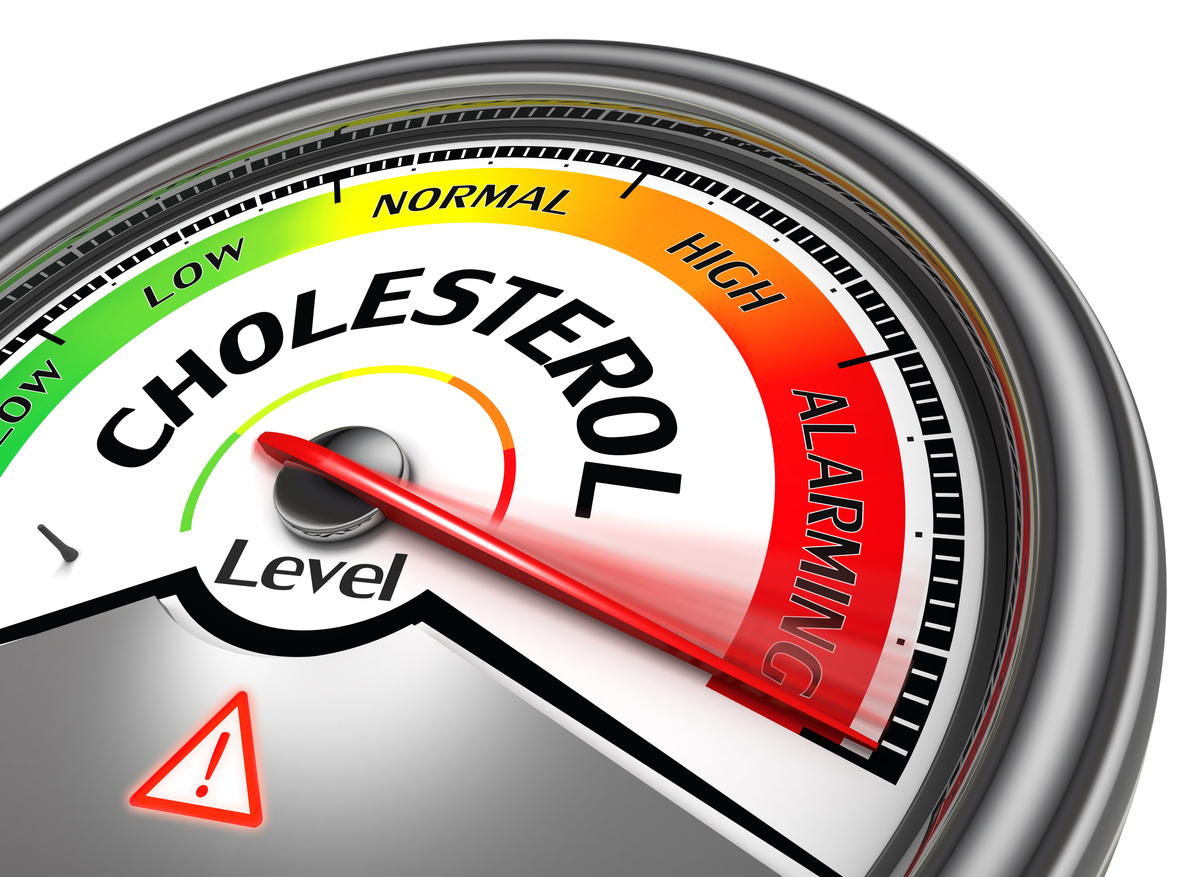Let's start with a definition of cholesterol. The liver produces the fatty, waxy material, which travels via the bloodstream. It aids in the formation of cells as well as the production of essential vitamins and hormones. There are two kinds of cholesterol, and they're about as different as they get:
HDL (high-density lipoprotein) and LDL (low-density lipoprotein)
- HDL cholesterol is frequently referred to as "good" cholesterol. It catches LDL in the bloodstream and transports it to the liver, where it is processed and eliminated as waste.
- If LDL levels rise too high, the nasty variety might build up in arterial walls. This buildup can eventually lead to heart disease, a heart attack, or a stroke.
Triglycerides are carried through the bloodstream by a third type of cholesterol called very-low-density lipoprotein (LDL). Triglycerides are lipids that are virtually totally produced from our diet. The presence of high quantities of these fats in your system can produce difficulties comparable to those caused by LDL cholesterol.
Why Is Treating High Cholesterol So Important?
Excess cholesterol accumulates in the bloodstream and eventually coats the walls of the arteries in the form of plaque if left untreated.
These plaques can constrict the arteries, putting you at risk for life-threatening events like heart attack and stroke, especially if your cholesterol levels are borderline or very high.
Though the general goal of high cholesterol treatment is to "reduce cholesterol," the situation is more complicated. While you want to lower total cholesterol, harmful LDL cholesterol, and triglycerides, you also want to increase levels of good HDL cholesterol, which is protective.
A range of personal characteristics will influence the optimal high cholesterol treatment for you. These are some of them:
- Whether your cholesterol is borderline high, high, or very high, there are ways to lower it
- Whether you or a family member has a history of high cholesterol or heart disease
- Your body mass index
- Whether you smoke or not
There isn't a single solution that will work for everyone. If your cholesterol is borderline high and you don't have any other risk factors, changing your lifestyle may be enough to make a difference. If lifestyle adjustments aren't making enough of an impact in your cholesterol levels, your doctor may prescribe cholesterol medicines.
If you have a significant family history of high cholesterol or numerous heart disease risk factors, your doctor may recommend a mix of medicine and healthy lifestyle modifications right away.
Treatments for High Cholesterol
A variety of treatment options for high cholesterol can be used to nudge numbers in the direction of a positive change. Your doctor would most likely begin with the least invasive treatment initially, such as making little changes to your everyday routine.
Limit Saturated Fats
Foods high in saturated fat have the greatest impact on rising cholesterol levels. Red and processed meats, full-fat dairy, and a few plant-based foods are high in saturated fat.
Curb Trans Fat
Trans fats, which were once widely available in packaged goods such as cookies, crackers, and margarine under the ingredient "partially hydrogenated oil," are a primary cause of elevated cholesterol. Trans fats are still allowed in trace levels in packaged goods, despite the fact that the US Food and Drug Administration has banned their extensive use. It's possible for a package label to say "0 trans fat" even though the item contains up to 0.5 grams per serving, and those small amounts of trans fat can pile up quickly, so read ingredient lists carefully.
Eat More Omega-3s
Walnuts, flaxseeds, and fatty fish are high in omega-3 fatty acids, which are good for your heart. They can help to cut triglycerides, raise HDL cholesterol, lower blood pressure, and lower the risk of heart disease death.
Fill Up on Fiber
Soluble and insoluble fiber are both beneficial to one's health, however, soluble fiber is especially beneficial for those with high cholesterol. According to the National Lipid Association, because soluble fiber isn't absorbed in the colon, it binds to LDL cholesterol and excretes it as waste. 5 to 10 grams of soluble fiber per day, together with plenty of water, can reduce total and LDL cholesterol levels by up to 11 points.






Comments